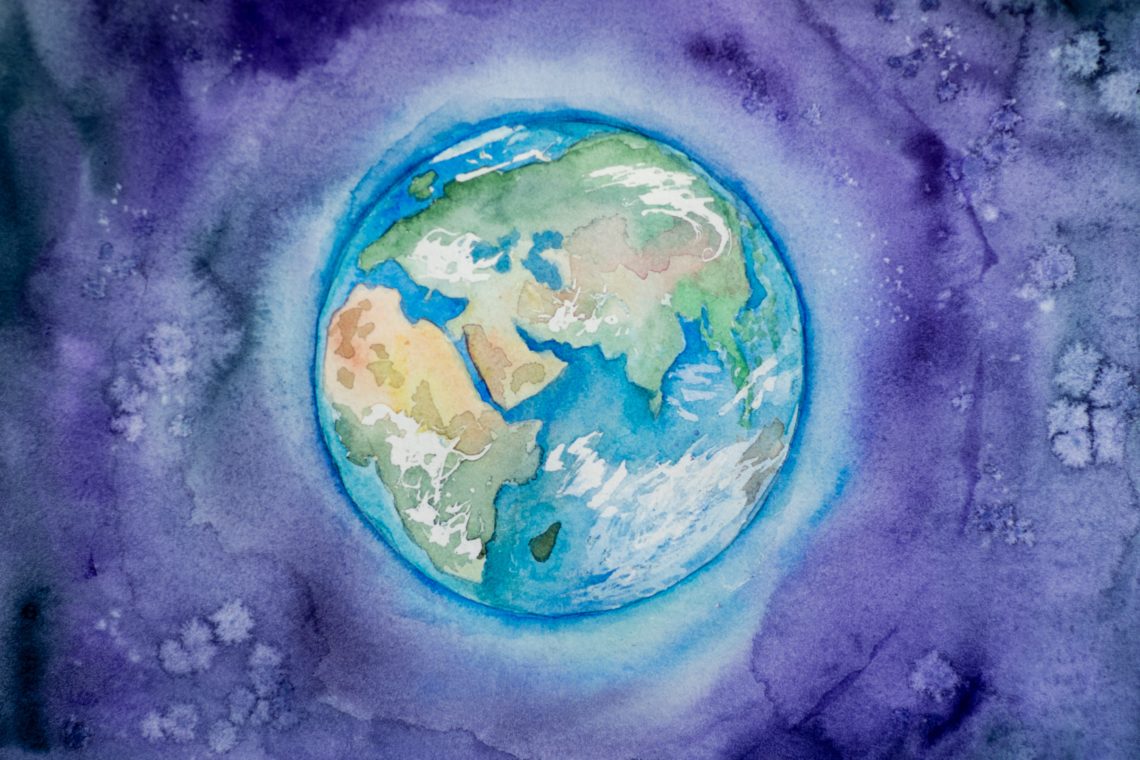
How We Plan to be Eco-Friendly
One of the key goals we have in building Acadie Farm, is to be eco-friendly as possible. We believe in sustainability, and caring for the land we’ve been entrusted to take care of. We’re Christians and a key tenet given by God is to “…fill the earth and subdue it, and have dominion over the fish of the sea and over the birds of the heavens and over every living thing that moves on the earth.” (Genesis 1:28 ESV) God also took Adam “and put him in the garden of Eden to work it and keep it.” (Genesis 2:15 ESV)
We believe we can fulfill this directive from God by finding better ways that help sustain and improve our environment. We are not against technology and improvements that make our every day lives easier, however we’re charged to keep the world healthy and thriving. With each step we take to build the farm and our home, we want to highlight and use methods that create sustainability, protect our natural environment and bring balance to the natural landscape.
A few of the small steps were taking in the planning process is looking at green building techniques, solar energy, water conservation, promoting a native habitat, as well as natural ways to deal with insects and pests.
Here are some examples of how we plan to manage our farm in a sustainable way:
South Georgia in general is very “buggy.” We’re in a subtropical climate and insects thrive in this environment, especially mosquitoes (and mosquitoes love me, unfortunately). The land is by nature very wet, which is the perfect environment for mosquitoes and other pests, which can be difficult to manage. One of the ways we plan to handle this in a natural way is to provide bird houses and bat boxes. Certain bird species and bats eat mosquitoes and can provide natural control.
In addition, we want to plant things such as lemon grass and citronella, which have insect repellent properties. Another concern is ticks, especially since our girls and others will be out playing on the property. Guinea fowl are considered a great alternative to pesticides for controlling ticks, beetles and a variety of harmful insects. In fact, they are often considered just as effective as pesticides in controlling harmful insects. They are also very observant and will alert to the presence of predators, including snakes, which is great for livestock and for the protection of our children. They’ve even been known to alert owners to trespassers. They are creatures of habit and notice any changes in their environment.
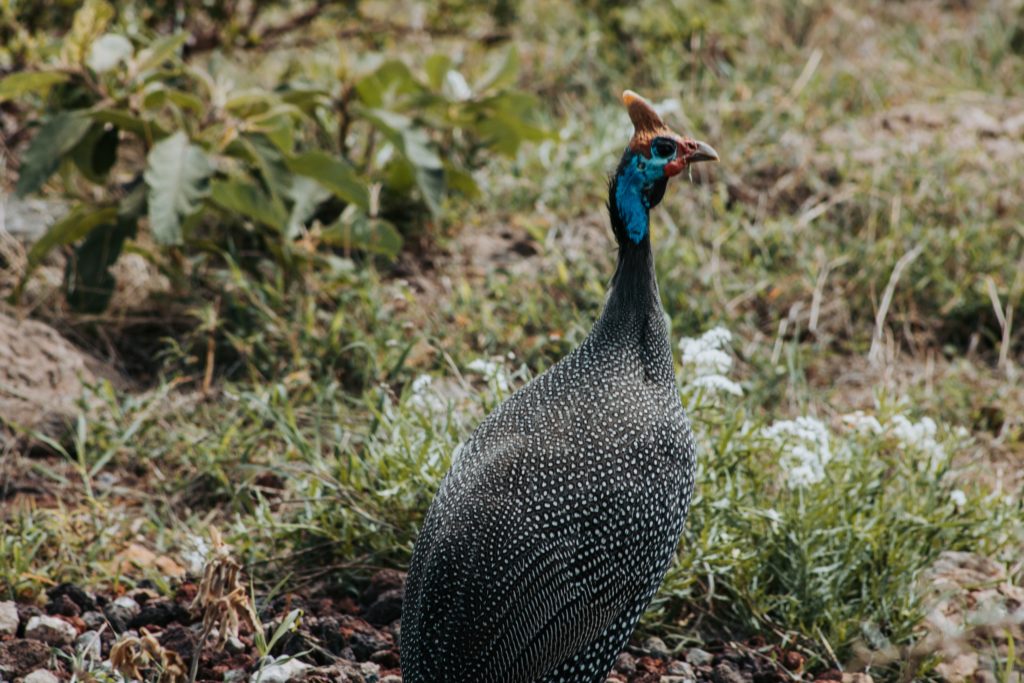
Of course, when thinking of sustainability we can’t go without mentioning goats. They make great living “lawnmowers,” while also providing milk and fertilizer.
While we want to naturally control the pest population, we also want to promote helpful insects such as honeybees and other pollinators. I think we are all aware of the dire problem facing the honeybee population, which threatens our entire environment. We want to provide plants and any other resources that will help and promote the honeybee population, and other pollinators. This will create a healthy environment not only for our own property, but nearby farms.
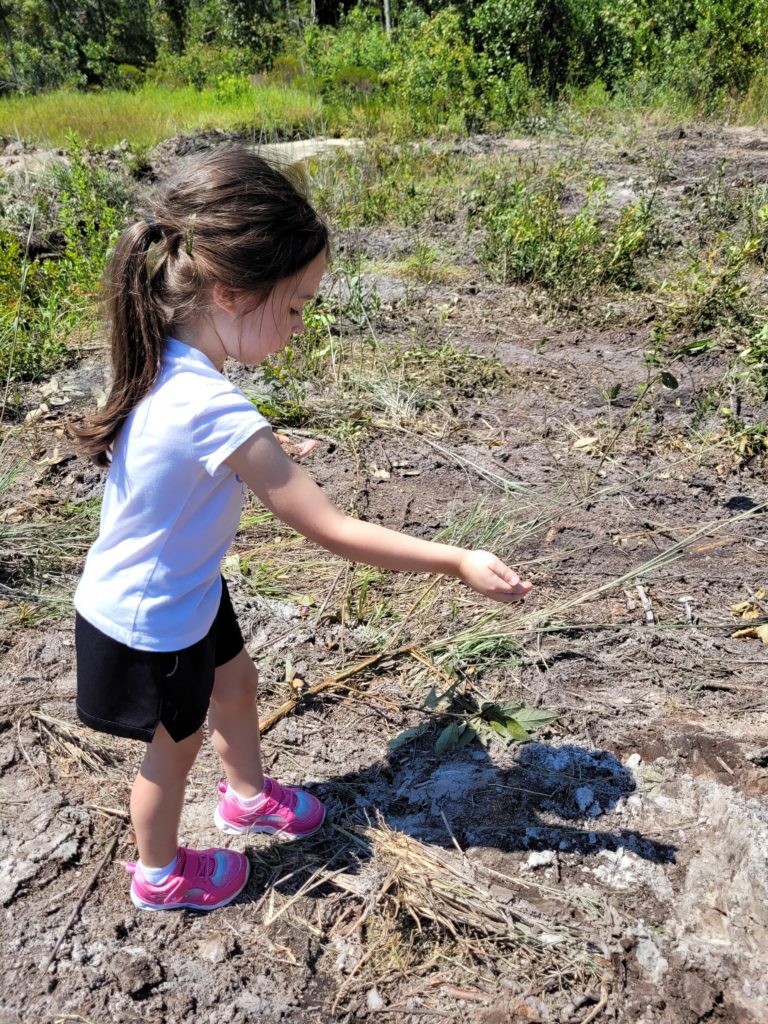
We have also been researching plants that are native to our area and plan to use as many as possible to create our gardens. We’re trying to be very careful to avoid any plants that may be considered invasive or detrimental to our native habitat.
As I mentioned earlier, our land is very wet. The water table is very high in our area and our land is very low (we’re only 220 ft above sea level). We don’t want to destroy the natural habitat, but we want to find natural ways to work with it, while controlling standing water and erosion. One of the ways we can do this is to find plants that thrive in wet soil. Certain trees, flowers and plants love water, but simultaneously provide water control and strong root systems to keep the soil in place.
These are just a few of the examples of how we plan to sustain and build our farm. With each step forward, we’re always asking ourselves how we can create our vision while maintaining, protecting and promoting our native environment.
We hope to not only create a sustainable farm, but to inspire others to add greener practices to their goals and visions for their own properties.


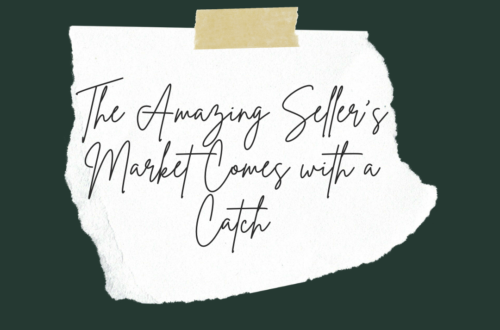
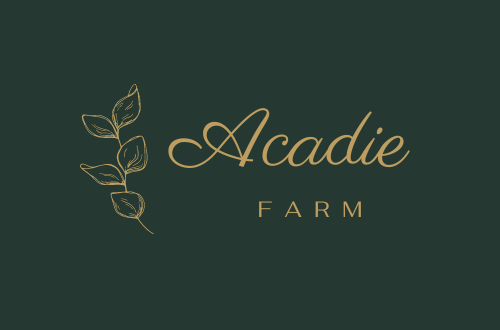
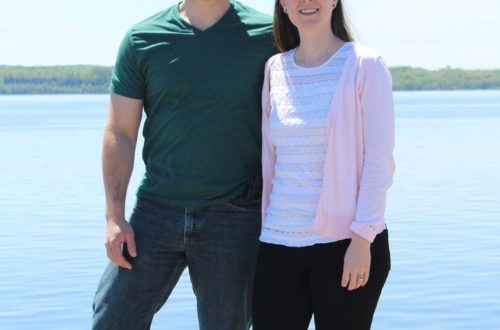
2 Comments
Kaye Clayton McNeill
I love your blog!!! Excellent read. I can hardly wait to continue following posts!
acadiefarm
Thank you!